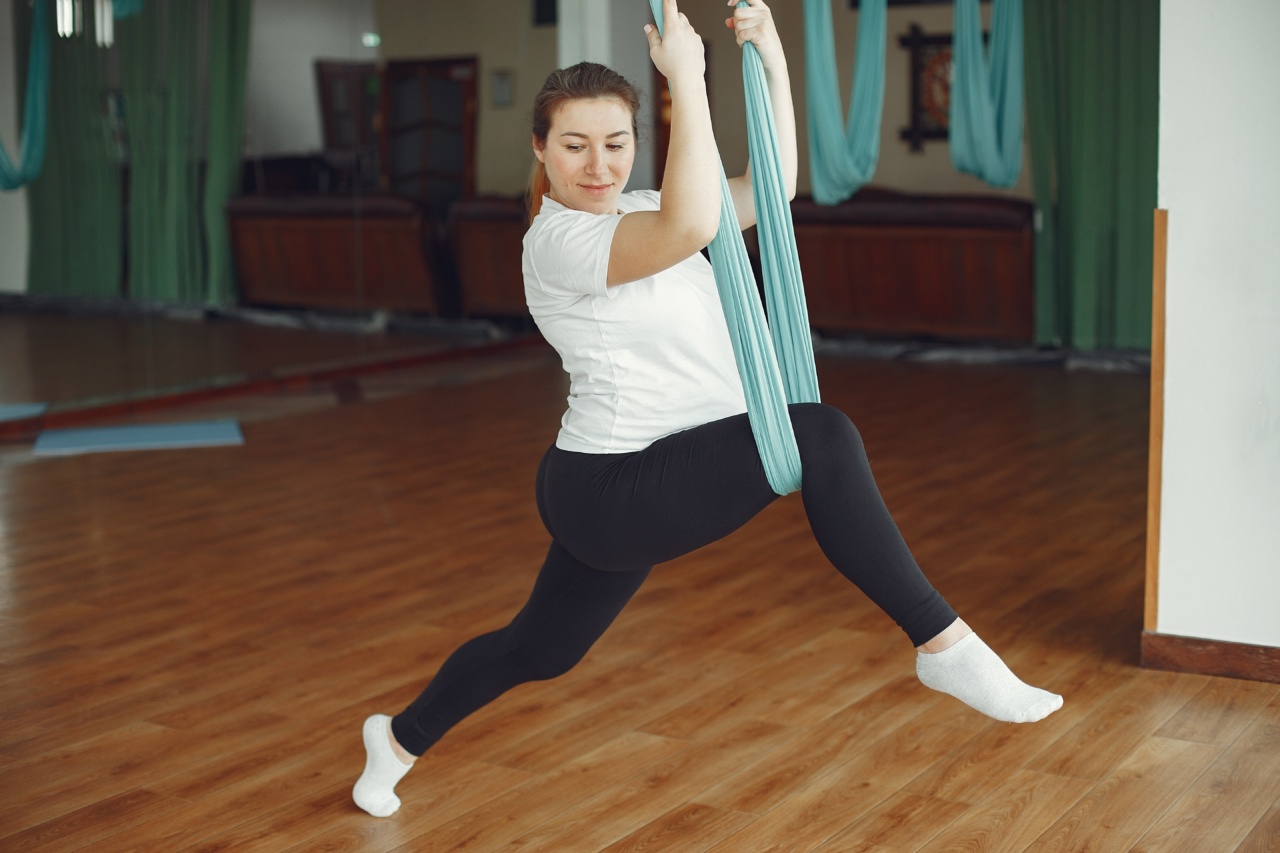Pregnancy can bring about a lot of changes in a woman’s body, and one of them is leg swelling. The increase in body weight, hormonal changes, and the pressure of the growing uterus on blood vessels can cause fluid retention in the legs.
Though it is a common occurrence, it can be uncomfortable and painful for some women. Here are some tips to prevent leg swelling during pregnancy:.
1. Stay Hydrated
Drinking plenty of water throughout the day can help flush out excess fluids from your body and prevent swelling. Aim to drink at least eight glasses of water a day.
You can also include other hydrating fluids like coconut water, fruit juices, and herbal teas in your diet.
2. Keep Moving
Standing or sitting in the same position for a long time can cause fluid to accumulate in the legs. To prevent this, it is essential to keep your body moving. Take small breaks in your work routine and walk around.
You can also do some light exercises like walking, swimming, and yoga to improve blood circulation.
3. Wear Comfortable Clothing
Tight-fitting clothes can restrict blood flow and cause swelling in the legs. Choose breathable and loose-fitting clothes that do not put pressure on your legs.
Opt for maternity wear that provides enough room for your growing bump and does not constrict your blood vessels.
4. Elevate Your Legs
Raising your legs above the heart level can help reduce swelling by allowing excess fluids to drain out. Lie down on your back and prop your feet up on a cushion or pillow.
You can also elevate your legs while sitting by placing a footstool or a stack of books under your feet.
5. Massage Your Legs
Gentle massages can help improve blood circulation and alleviate swelling in the legs. Use a moisturizing lotion or oil and start massaging your toes and feet, working your way up to your thighs.
Do not apply too much pressure, and avoid using essential oils without consulting your doctor.
6. Avoid Salty and Processed Foods
Consuming a diet high in salt and processed foods can cause water retention in the body and worsen leg swelling. Opt for fresh fruits, vegetables, lean proteins, and whole grains in your diet.
Avoid adding salt to your meals and read food labels carefully to avoid hidden sodium.
7. Manage Your Weight
Gaining too much weight during pregnancy can put undue pressure on your legs and increase swelling. Make sure to maintain a healthy weight by following a balanced diet and engaging in regular physical activity.
Consult your doctor to know how much weight gain is appropriate for you based on your pre-pregnancy weight and overall health.
8. Wear Compression Stockings
Compression stockings are specially designed to improve blood flow in the legs and prevent swelling. They apply pressure on the veins and help them return blood to the heart. You can wear them throughout the day or during physical activity.
Choose a pair that fits well and does not cut off circulation.
9. Seek Medical Attention
In some cases, leg swelling can be a sign of a more serious condition like deep vein thrombosis (DVT) or preeclampsia. If you experience sudden and severe leg swelling, accompanied by pain, redness, or warmth, seek medical attention immediately.
These conditions require prompt medical intervention to prevent complications.
10. Rest and Relax
Stress and fatigue can also contribute to leg swelling during pregnancy. Make sure to get enough rest and take some time to relax. Practice techniques like meditation, deep breathing, or visualization to calm your mind and reduce stress.
Avoid standing or sitting for prolonged periods and take frequent breaks to stretch and move your legs.




























